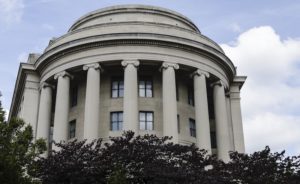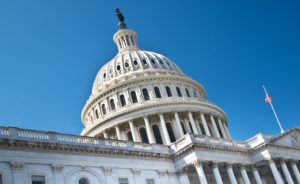Mass Comments’ Opportunity Costs
What is lost when those with something to say join the mass comments bandwagon?
Comparing U.S. and Chinese Environmental Risk Regulation
Research comparing risk regulation in the United States and China reveals selective variations, not sharp contrasts.
Democracy, Rulemaking, and Outpourings of Comments
Scholars and policymakers should recognize the democratic benefits of public comments.
High Hopes for FDA Regulation of CBD Products
FDA regulation of CBD products faces new challenges as the market develops.
Managing Mass Comment “Supply” by Reducing “Demand”
Alternative agency outreach methods can garner useful feedback and reduce pressure on the notice and comment process.
Robots Reviewing Agency Rules
Scholar warns that using artificial intelligence to revise agency rules may compromise democratic ideals.
Mass Comments Should Be Discouraged
ACUS should discourage the submission of mass comments in the notice and comment rulemaking process.
Shifting Mandated Reporting Laws From Family Surveillance to Assistance
Scholars advocate revising mandated reporting requirements for school employees.
Preventing Mass Comment Wars
Agencies can welcome public participation while discouraging the submission of mass comments.
Mass Comments and the Revival of Apolitical Expertise
Mass comments policy should consider agencies’ roles as apolitical policymakers.
Mass Comments in Administrative Rulemaking
Experts consider the value of mass comment campaigns during notice-and-comment rulemaking.












